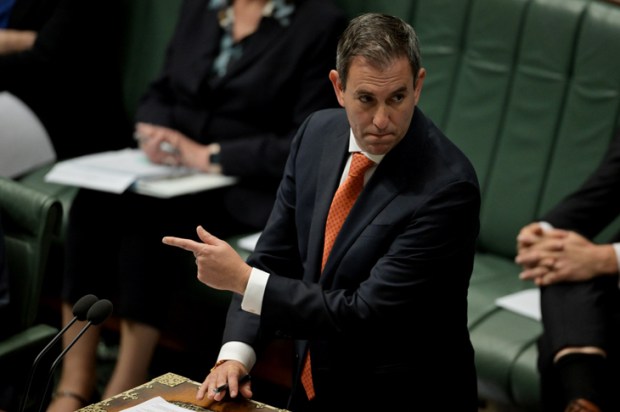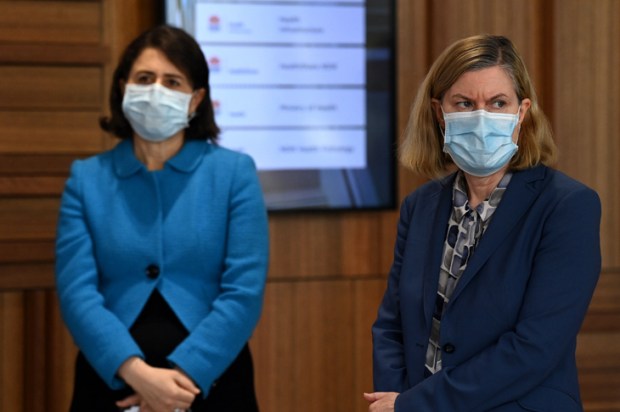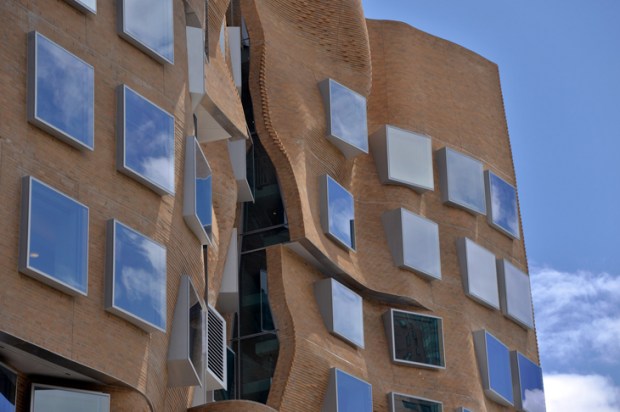Forget universal childcare. Forget free school lunches. Forget discounts on electricity. Forget sports vouchers for the kiddies. I’m demanding $2 coffee, barista-made of course, every day.
It’s only right and proper. It’s a human right. And just think of the boost to productivity by providing everyone with a cup of individually brewed coffee every day for $2. People will have an incentive to leave the home, even venture into work. Gosh, this policy will pay for itself.
I’ve got the details all worked out. Every coffee shop around the country will be instructed to provide a $2 cup of coffee to all customers who demand it. There will have to be some sort of record keeping – a bit like those stamped cards that some cafés currently offer.
The owners of the coffee shops will then put in an invoice to the federal government – Jimbo is going to be very busy – and an amount will be sent that is the gap between the two bucks and the actual cost of providing the coffee to the grateful customers.
Sadly, the amount will have to be paid in arrears but given the popularity of the new economy-boosting, cost-of-living relieving measure, the good folk down at the Treasury counting house will be up to the task and transfer the amounts owing very quickly.
And just think, this could be a boost to those downtrodden dairy farmers. Nothing like a flat white with full cream milk, I say. Forget all that fancy stuff with pretend milks – soy, almond, oat and others I have not caught up with – but I guess they will have to be included in the scheme. People are very fussy, let’s face it.
Now the discerning Speccie reader no doubt appreciates that I’m not being completely serious here. But cheap universal coffee – I would prefer cheap French champagne, but the balance of trade might take a bit of a battering – is not that far removed from some of the silly policies, both actual and proposed, in which taxpayers start to pick up the tab for private expenditure. The aim is to lure the grateful recipients into voting for the political party handing out, or proposing to hand out, the largesse. We should probably just cut to the chase and call it vote buying.
This phenomenon was on full display in the recent Queensland state election when the then premier Steven Miles – you know the giggling Gertie – offered massive bribes across the board. There was the $1,000 electricity rebate; ‘free’ lunches for primary school kids; 50-cent public transport fares; sports vouchers for children; and the list went on. He even declared that, were he to stay premier, he would get the government to establish and run several service stations to ‘keep the price of petrol down’ in some areas.
Don’t even get me on to the ‘free’ lunch proposal which was costed at $1.4 billion over four years. How was this possibly going to work? Who was going to be making the lunches? How were the lunches going to be stored given the limited tuckshop facilities at many schools? How were the special requirements for children with allergies and the like to be catered for?
The really pleasing outcome of the state election was that the Queensland voting public, by and large, was not lured by the fiscal largesse on offer, which amounted to a staggering $30 billion-odd of extra spending. When the votes were finally counted, the LNP won comfortably, with a swing of around 7 per cent and a working margin of at least seven seats. It’s hard to sustain the argument that Miles saved the furniture – a few rickety chairs, perhaps – through these voter enticements.
Of course, the leader of the opposition, David Crisafulli, was effectively forced to match some of the electoral sweeteners, including the 50-cent public transport fares, that will now become a permanent feature. Given that it costs around $30 for every public transport journey taken, this scheme alone will be massively expensive, with taxpayers at large picking up the tab. Yep, there’s no such thing as a free lunch or a 50-cent bus ride.
It’s also hard to reconcile this scheme with fairness as there are large slabs of the state where there is no provision of public transport. This even includes parts of Brisbane. But at least the kiddies at private schools will only have to fork out 50 cents for the trip to school – that’s if mum or dad can’t drive them.
The broader truth however is that this descent into electoral bribery is now a common feature of many democratically elected governments in their desperate attempt to get into or remain in office. The fact that Upgrades Albo is attracted to the idea of a flat daily fee for childcare – his version of universal childcare – as a means of staying in the top job is as predictable as it is depressing.
Albo’s plan is estimated to cost over $8 billion per year on top of the current $14 billion spent on childcare fee relief. The flat fee would apply across the board and would benefit those earning the most – in the top income quartile. It’s just a version of my $2 cup of coffee.
But a fundamental weakness of these types of arrangements is that the providers have absolutely no incentive to strive for efficiency or to cut costs because the taxpayers is simply on the hook for whatever is the gap between the paltry contribution of the user – often nothing – and the actual costs.
You see this in bright lights with the NHS and the recent UK budget that allocates even more money to the bloated and ineffective health service. (It’s hard to see the UK as anything other than the NHS with bits and pieces added on.) The budget provides for over $60 billion in new unfunded commitments, many directed at the NHS. It will require the government to massively boost its borrowings over the next five years.
But will giving even more money to the NHS achieve anything? Will patient experience or outcomes improve? Is it possible that the long-suffering UK taxpayer will just fork out more to achieve the same abysmal outcomes? When there are no price signals, there is always the possibility that resources are misdirected to where they are least needed at the expense of critical ends.
I’ve therefore decided not to proceed with my campaign for $2 cups of coffee. I know it would be popular and if I were a politician, it might even secure some extra votes. But using other people’s money to effectively buy votes is essentially immoral in part because the debt will have to be picked up by future generations.
My real message is don’t do it, don’t even think about it.
Got something to add? Join the discussion and comment below.
You might disagree with half of it, but you’ll enjoy reading all of it. Try your first month for free, then just $2 a week for the remainder of your first year.













